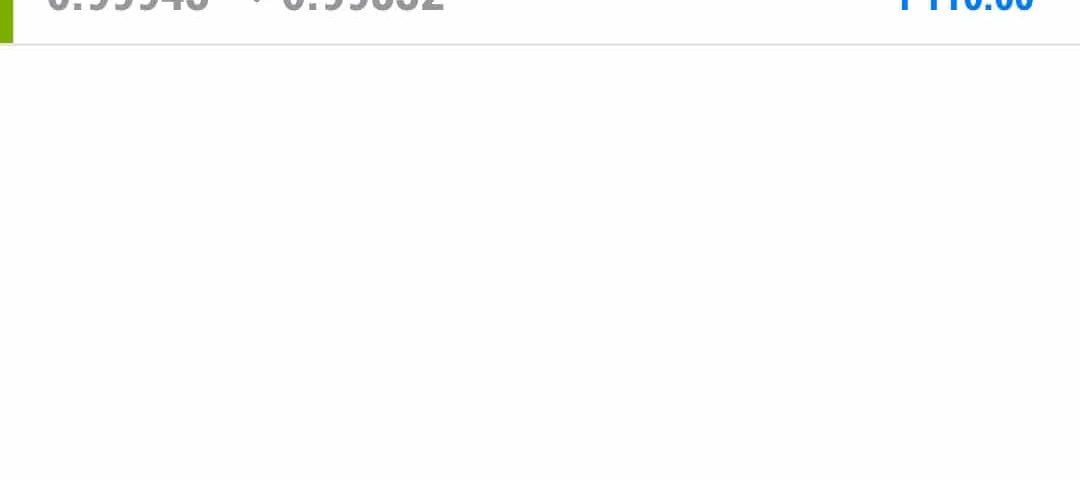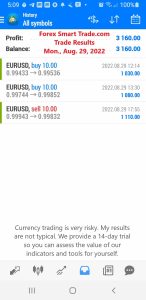This is why you should always perform due diligence.
Dealing desk forex broker? Non-dealing desk forex broker? Market maker forex broker?
If you’ve started doing any of your own research on which forex broker to use, you’ve probably come across a bunch of terms and an alphabet soup of acronyms such as DD, NDD, MM, STP, ECN, DMA, OTC, LP, etc.
And after coming across all these acronyms, you probably reacted with your own acronyms like…OMG. WTF?
If you haven’t seen any of these acronyms yet, don’t worry, you will.
They’re all over the internet, so you’re bound to see them. It’s inevitable.
There’s a lot of technical jargon that’s used when describing forex brokers.
Some of what you read or hear about are probably outdated, inaccurate, or even misleading.
For example, you may have read that retail forex brokers come in two types:
- Shady
- Non-Shady
Okay, seriously now. Let’s try that again.
You may have read that retail forex brokers come in two types:
- Dealing Desk (DD) brokers
- No Dealing Desk (NDD) brokers
Let’s diagram this out:
But wait! That’s not all!
Two “types” didn’t seem to be enough for the marketing folks from the retail forex industry.
So they decided to use more acronyms in an attempt to differentiate forex brokers even further and make them sound fancy.
Under each type of broker, new labels were conjured up:
Dealing Desk (DD) brokers
- “Market Maker” (MM) brokers
No Dealing Desk (NDD) brokers
- “Straight-Through Processing” (STP) brokers
- “Electronic Communication Network” and “Straight-Through Processing” (ECN/STP) brokers
- “Direct Market Access” and “Straight-Through Processing” (DMA/STP) brokers





